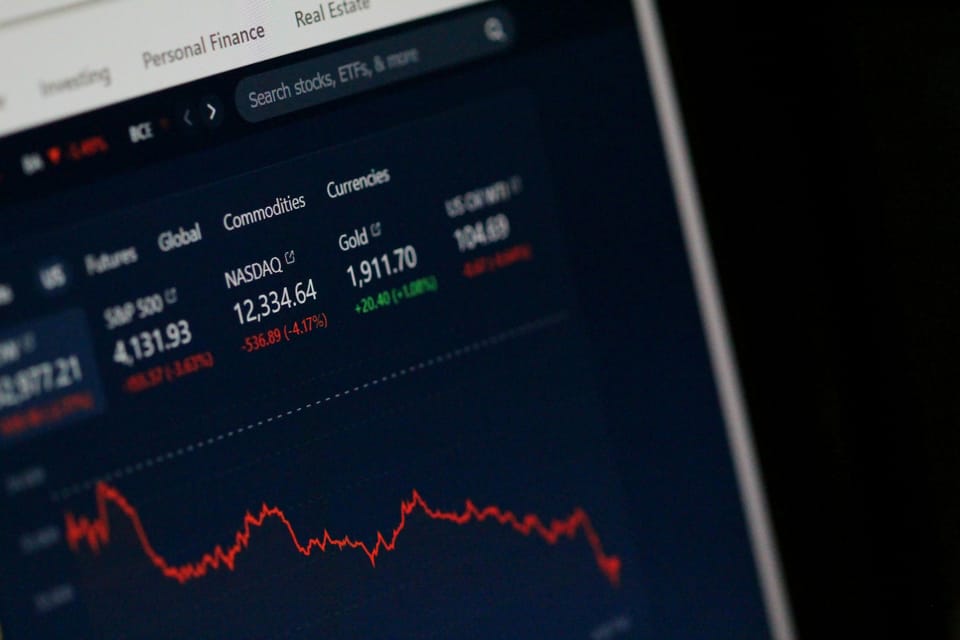Study finds ‘little evidence’ that having SBTi-approved targets increases stock prices

An analysis of S&P 500 companies’ stock prices between 2010 and 2023 has suggested that committing to SBTi-approved climate targets has little effect on the price of shares.
The study, published in Nature this week and conducted by researchers at the University of Nevada and University of Washington, looked at the share performance of S&P 500 companies over more than a decade to determine whether stock markets reward firms that have joined the Science-Based Targets Initiative (SBTi).
The researchers employed three different methods to detect potential stock price increases resulting from SBTi membership: price fluctuations before and after the firm made the SBTi-related announcement; comparing the stock prices of SBTi-committed firms to those that have not joined the initiative; and a similar comparison taking into account the level of SBTi-related commitment, ie. ‘committed’ to setting targets or with established targets aligned with a 2ºC temperature rise, ‘well below 2ºC’ or 1.5ºC.
None of these methods suggest that setting an SBTi-aligned climate target brings stock market benefits. “We find little evidence that SBTi membership (in any tier) increases stock prices,” write the authors.
Further questions over SBTi efficiency?
The findings come as listed companies are close to burning through their remaining carbon budget, with just 11% having aligned their strategies with a 1.5ºC future.
It is also likely to cast further doubt on the credibility of the Science-Based Targets Initiative, after the organisation sparked a heated debate on the use of carbon offsets – then declined to take a firm position.
(Air New Zealand recently dropped its SBTi-approved climate target and left the initiative entirely.)
Read also: SBTi - With great power comes great responsibility
The study’s authors warn that results should be taken with a pinch of salt, mainly because of the small sample size analysed: S&P 500 companies only, within which 5 firms have had their targets verified at the 2 °C level, 25 at well below the 2 °C level, 102 at the 1.5 °C level, and 56 firms have committed to target verification within the next two years.
Non-financial incentives for climate target adoption
Recommending that the sample be expanded in the future, they note that data on smaller firms is less accessible, creating a practical challenge to this expansion.
Despite this warning, the study suggests that companies should be incentivised to decarbonise their operations – and spend the significant resources required to do so – with other arguments than stock price increases.
“The implication is that if stock markets are not incentivising firms to pledge climate actions voluntarily, policymakers and climate advocates need to focus on providing non-financial rewards to encourage firms to invest in emission reductions,” it says.
Some of these benefits can include improved brand reputation, which is estimated to represent up to 20% of a firm’s market capitalisation.







Member discussion